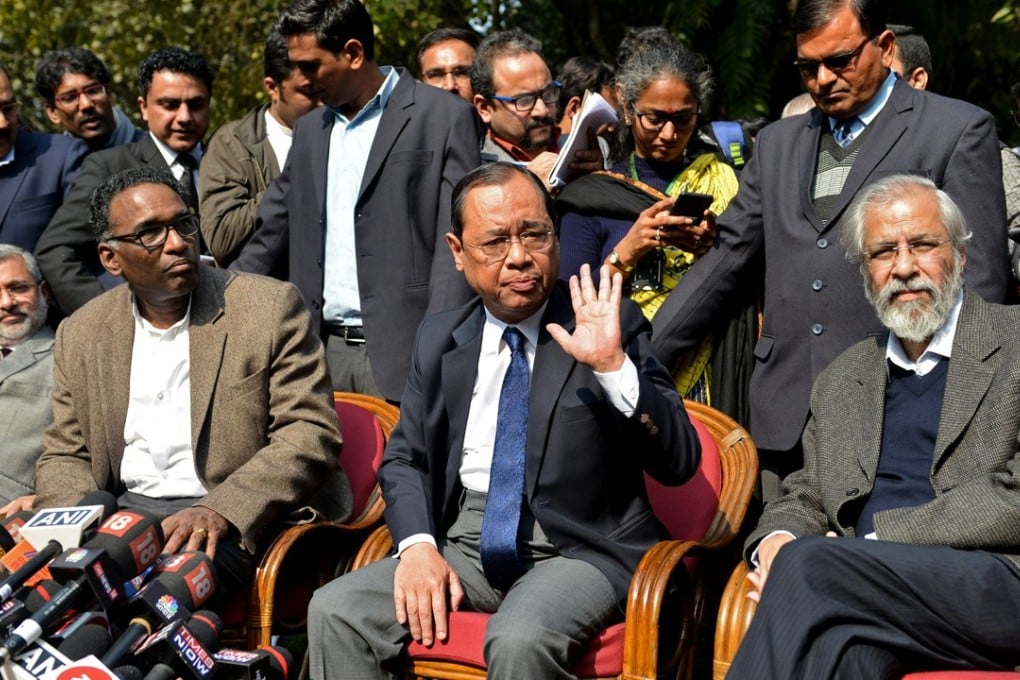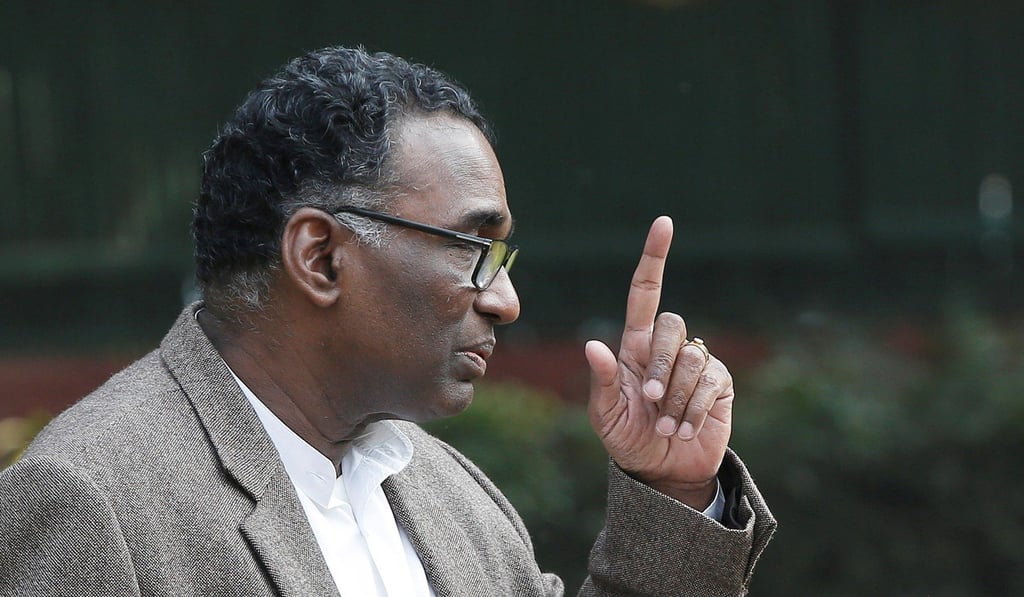Modi, a dead judge, and ghosts from the past
A revolt in India’s Supreme Court can be traced to a case linked to one of the most difficult phases of the Indian leader’s career

The Supreme Court found itself in uncharted territory last week when four of its senior-most judges called a press conference and alleged misconduct by Chief Justice Dipak Misra for arbitrarily assigning politically significant cases to junior judges.
“The four of us are convinced that unless this institution is preserved and it maintains its equanimity, democracy will not survive in this country,” Justice Jasti Chelameswar, the second-most senior judge after the chief justice, told reporters.

The chief justice along with these four senior judges comprise the all-powerful collegium that takes the most important decisions related to India’s higher courts, such as promotion, appointment and transfer of judges. The government acts on the collegium’s recommendations.
In a letter to Misra, the senior judges urged him to assign important cases according to seniority. The judges, one of them in line to be the next chief justice, also raised concerns about judicial appointments, a bone of contention between the government and the judiciary.